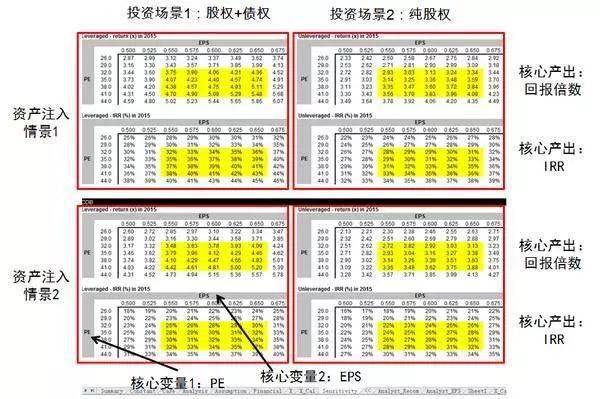Understanding Home Equity Loan Rates: A Comprehensive Guide to Borrowing Against Your Home's Value
#### What Are Home Equity Loan Rates?Home equity loan rates refer to the interest rates charged on loans that are secured by the equity in your home. When y……
#### What Are Home Equity Loan Rates?
Home equity loan rates refer to the interest rates charged on loans that are secured by the equity in your home. When you take out a home equity loan, you are essentially borrowing against the value of your property, which can be a great way to access cash for various needs, such as home renovations, debt consolidation, or major purchases. The rate you receive can vary based on several factors, including your credit score, the amount of equity you have in your home, and current market conditions.
#### Factors Influencing Home Equity Loan Rates
Several factors influence the rates you may encounter when considering a home equity loan:
1. **Credit Score**: Lenders typically use your credit score to assess your creditworthiness. A higher credit score can lead to lower interest rates, as it indicates that you are a lower-risk borrower.
2. **Loan-to-Value Ratio (LTV)**: This ratio compares the amount of the loan to the appraised value of your home. A lower LTV (indicating more equity) can result in better rates.
3. **Market Conditions**: Interest rates can fluctuate based on the overall economic environment, including inflation rates and the Federal Reserve's monetary policy.
4. **Loan Terms**: The length of the loan can also affect your rate. Shorter-term loans often have lower rates compared to longer-term loans, but they may come with higher monthly payments.
#### Types of Home Equity Loans
There are two primary types of home equity loans:
1. **Fixed-Rate Home Equity Loans**: These loans provide a lump sum of money with a fixed interest rate, meaning your monthly payments remain the same throughout the life of the loan. This option is ideal for those who prefer predictability in their budgeting.
2. **Home Equity Lines of Credit (HELOCs)**: Unlike fixed-rate loans, HELOCs offer a revolving line of credit that you can draw from as needed. The interest rates on HELOCs are typically variable, meaning they can change over time, which may lead to fluctuating monthly payments.

#### How to Find the Best Home Equity Loan Rates
Finding the best home equity loan rates requires some research and comparison:
1. **Shop Around**: Different lenders offer varying rates and terms. It's essential to compare offers from multiple financial institutions, including banks, credit unions, and online lenders.
2. **Consider Fees**: In addition to interest rates, be sure to factor in any associated fees, such as closing costs, origination fees, and annual fees, which can impact the overall cost of the loan.
3. **Negotiate**: Don’t hesitate to negotiate with lenders. If you have a strong credit profile, you may be able to secure a better rate or lower fees.

4. **Check for Discounts**: Some lenders offer discounts for existing customers or for setting up automatic payments, which can further reduce your costs.
#### Conclusion
Understanding home equity loan rates is crucial for homeowners looking to leverage their property's value for financial needs. By considering the various factors that influence these rates, exploring different types of loans, and actively comparing offers, you can make informed decisions that align with your financial goals. Whether you opt for a fixed-rate loan or a HELOC, being knowledgeable about home equity loans will empower you to choose the best option for your circumstances. Always remember to consult with financial advisors or mortgage professionals to ensure you are making the most informed decision.